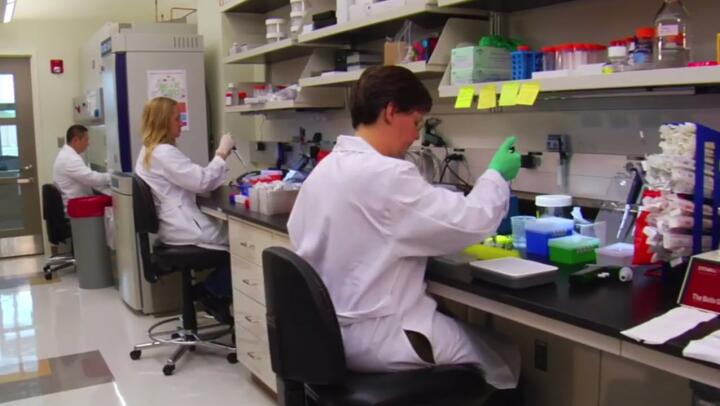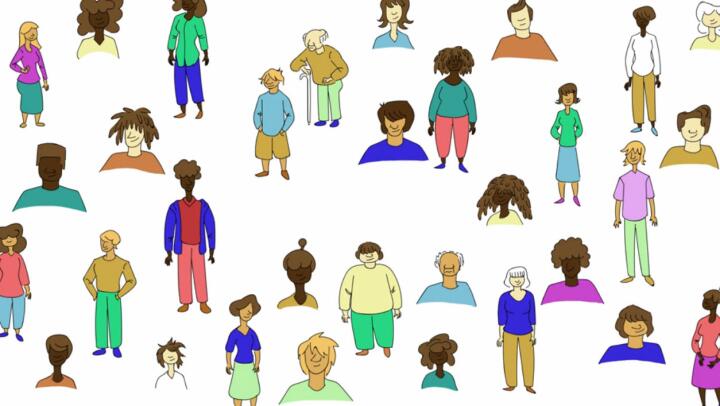
Hepatitis C is a virus that causes liver damage. It starts as an acute infection most people do not notice. It can then lead to chronic infection, which slowly over time will create liver problems—from mild inflammation to scarring of the liver to cirrhosis (liver failure). In some instances, chronic hepatitis C can cause hepatocellular carcinoma, a form of liver cancer.
I don’t have symptoms. Could I really have hepatitis C?
This is the main concern my patients have about chronic hepatitis C. Most people do not realize they have it because they have no symptoms. Some people find out because their liver tests on blood work have mild abnormalities. Some people find out in the advanced stages, when symptoms of cirrhosis occur. These symptoms include generalized fatigue and tiredness, jaundice, and/or abnormal accumulation of fluid in your legs (edema) or in your abdomen (ascites). Like most diseases, the sooner you’re diagnosed with hepatitis C, the better treatment will work for you.
The following groups of people should consider hepatitis C testing:
• Anyone born from 1945-1965
• Anyone who may have had a blood transfusion before 1992
• Anyone participating in unsafe sex practices with multiple partners
• Anyone participating in unsafe intravenous drug use
• Healthcare workers with needle-stick injuries
How do I get tested?
To find out if you have hepatitis C, you’ll take a simple blood test that can be done with your regular blood work through your primary care doctor. The test is an antibody test, looking to see if your body ever had to respond to the hepatitis C virus.
Your doctor may ask you to come back to the office for additional testing. A follow-up test looks to see if there is active hepatitis C virus in your bloodstream. This test will be the definitive way to see if you have hepatitis C that would need treatment.
Am I giving hepatitis C to others?
Hepatitis C is usually spread by blood transmission, like needle-sticks or IV drug use, or sexual intercourse. Condom use is recommended if you have multiple sexual partners.
At home, be mindful of sharing razors for shaving, toothbrushes, and nail clippers. There has been evidence that hepatitis C shows up on these items.
How would I get treated if I have hepatitis C?
The main excitement surrounding hepatitis C is that new treatments are curing hepatitis C . This is a game changer just in the last 10 years. People were used to horrible side effects with older medications; many would quit halfway through treatment and the virus would come back. Now, people are able to finish treatment and be cured of hepatitis C.
If the current treatments for hepatitis C are not effective for you, liver transplantation remains an option; hepatitis C is the main reason to get a liver transplant in the United States today.
The first place to start with hepatitis C is your primary care doctor. He or she may refer you to a gastroenterologist to do further testing if needed. Having a specialist who understands the new changes in treatments for hepatitis C is very important for your success in curing hepatitis C.












